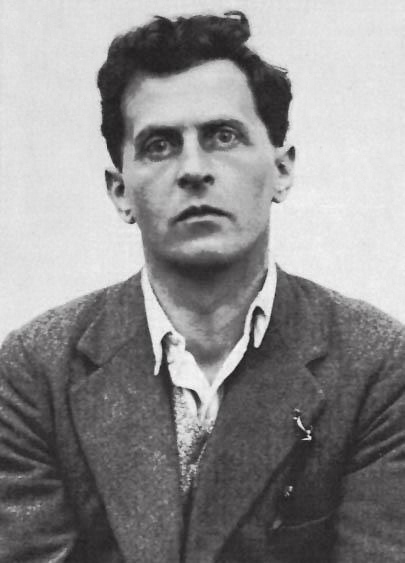Ludwig Wittgenstein and Kurt Godel, two of the twentieth century's most intriguing thinkers, left us much to ponder. For Wittgenstein, among many other things he said, it was that logical propositions show logical properties but say [essentially] nothing.
The Austrian philosopher had a good point. A proposition about logic certainly explains the logic it is describing. But it doesn't tell us anything about what logic is. We're still bereft of a larger picture.

Godel's point was similar. Writing in the tense years of Hitler's rise in Germany, the famous logician observed that although we revere a mathematical proposition for its simplicity and power, we cannot prove it. That is, we admire the formula two plus two equals four. And we love that the angles of a triangle always add up to 180 degrees. But as to why they do, we cannot say.

We're still left gaping at the shores of the infinite. An infinite that we know must be there, but an infinite, short of its making itself tangibly known, we will never see.
Maybe we really do need a personal transcendence.
No comments:
Post a Comment